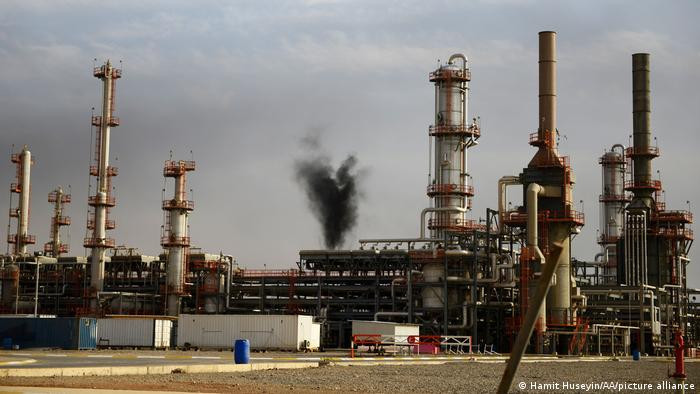Oil prices stabilized after a weak economic recovery in China outweighed the impact of the upbeat International Energy Agency forecasts and positive numbers in the United States.
The markets traded WTI contracts near $71 a barrel, after closing down by 0.4% on Tuesday.
Some investment banks cut their forecasts for economic growth in China this year after weak April data, although the International Energy Agency remains optimistic about the future of demand in the Asian country after the end of restrictions related to confronting the Covid virus.
Oil prices have declined by about 12% this year due to the negative impact on the future of demand due to the weak economic recovery in China compared to market expectations, the aggressive austerity campaign in monetary policy by the US Federal Reserve, and recent concerns regarding the debt ceiling in the United States.
However, US retail sales rose in April, a sign that consumer spending in the world's largest economy remains resilient in the face of economic challenges.
US retail sales rose as consumer spending held steady
Vishnu Varathan, head of economics and strategy for Asia at Mizuho Bank in Singapore, said China's weak manufacturing sector performance could hamper, if not chronically weaken, chances of regaining its pre-Covid strength. He added that this weakness should not be treated as a passing headwind.
The American Petroleum Institute, which is funded by the oil industry, announced that crude inventories across the United States rose by 3.69 million barrels last week, according to people familiar with the figures. Inventories at the Cushing, Oklahoma oil storage hub also increased, while gasoline supplies declined.







































